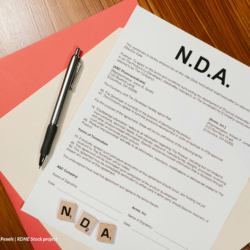Differences between Job Order and Contract of Service in Government Employment
Government agencies are authorized to enter into service contracts with other government agencies, private firms, non-government agencies or individuals for services related or incidental to their respective functions and operations, whether on a part-time or full-time basis. CSC-COA-DBM Joint Circular No. 1, Series of 2017 prescribes the rules and regulations governing contract of service and job order workers in the government.












